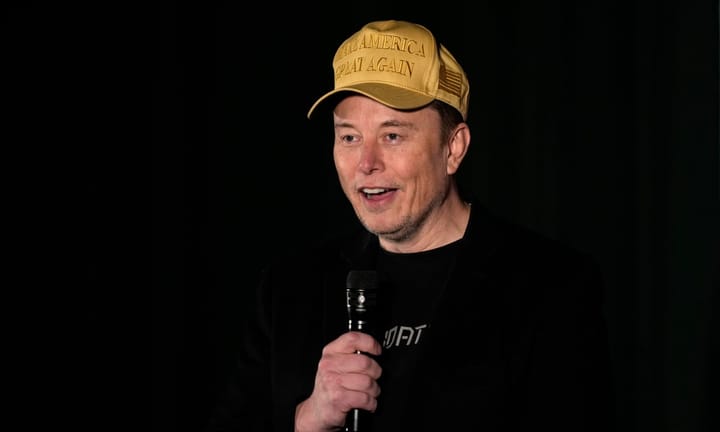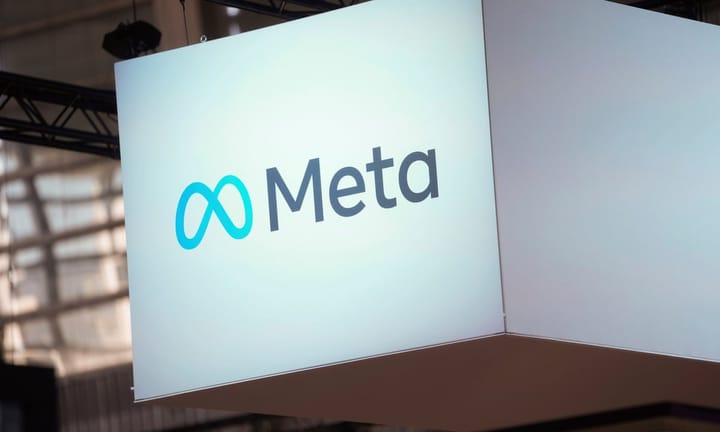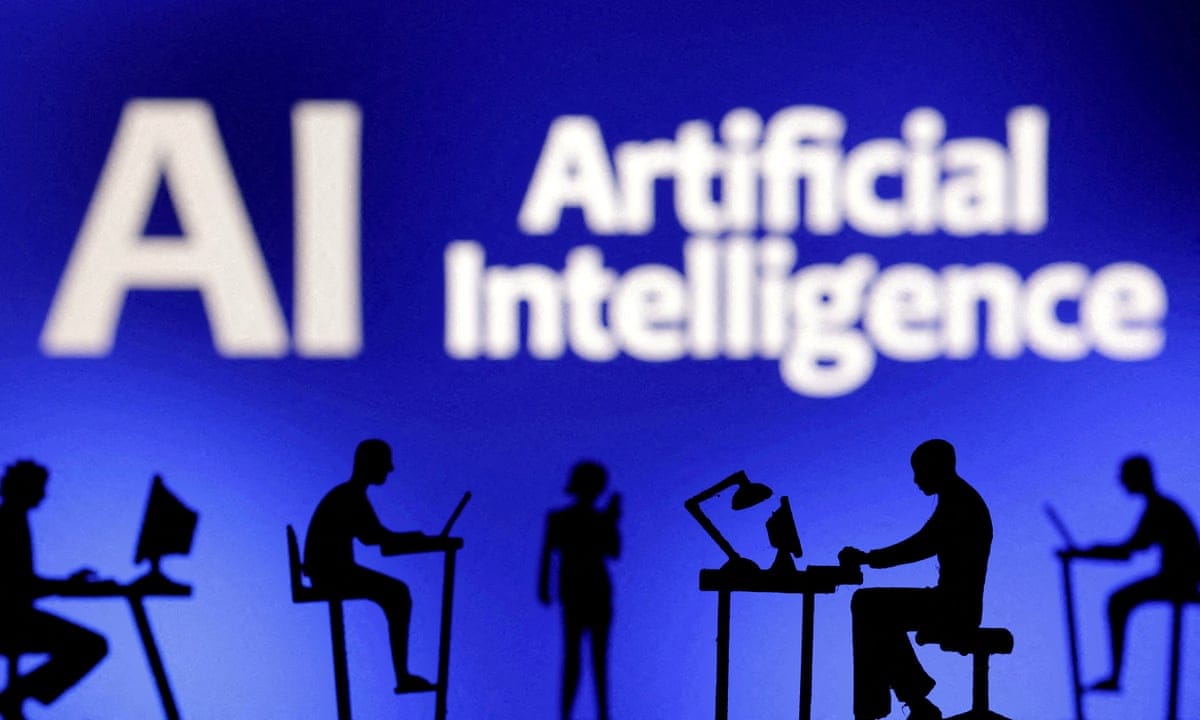By the end of this decade, the global pursuit for AI technology will demand nearly as much power as Japan does today. However, it's anticipated that only about half of these needs may be satisfied by renewable sources alone.
In the United States specifically, data processing - predominantly linked to artificial intelligence (AI) - is predicted to gulp more electricity in 2030 than all combined energy-hungry industries like steel and cement production do nowads. This prediction arises from a report by the International Energy Agency (IEA).
Datacentres, vital hubs for processing vast amounts of data including AI algorithms' workloads, are expected to surge in electricity demand worldwide beyond 2030; this increase is principally propelled forward due to advancements and adoption rates within the realm of artificial intelligence.
Presently a single centre’s energy consumption can rival that needed by upwards of 100,000 homes in today's terms but some new constructions underway are forecasted for even more intensified demands - as much as fortyfold compared to current ones! However, these concerns about AI potentially sabotaging efforts towards climate change have been labeled excessive by the report. This is because applying artificial intelligence has potential efficiency improvements that could decrease overall greenhouse gas emissions despite increased energy usage in datacentres and other sectors reliant on it.
Fatih Birol, Executive Director of IEA stated: “With AI’s ascent comes a significant opportunity for the power sector; we're witnessing one among history’s most crucial technological revolutionaries”. He underscored how artificial intelligence might either serve or detract from our environmental objectives hanging on its application.
AI has potential in restructuring current electricity grids to better accommodate a higher proportion of renewable energy sources, replacing the existing ones designed for centralised power stations which offer consistent but polluting outputs and can be swiftly turned off or back-on when needed. With increasing dependence on solar radiation and wind patterns - inherently inconsistent – we must rethink our grid designs to manage these fluctuations effectively without compromising energy supply stability, a task where artificial intelligence could potentially assist significantly by enhancing design flexibility for future grids based more heavily reliant renewable energies.
Not only can AI help refine current systems but it may also drive unprecedented efficiency in several industries that are presently wasting resources due to complexities involved with process alterations, instead opting for the path of least resistance and continuation of these energy-draining practices; artificial intelligence has potential here as a tool by which we can identify areas where efficiencies could be improved.
Apart from this industrial application scope AI holds promise in other arenas too - like autonomous vehicle technology, cybersecurity for critical infrastructure protection or even optimizing public transportation systems according to users' specific needs; these applications of artificial intelligence might counterbalance some demands imposed on our energy system due to the same.
Nevertheless given its tremendous growth and usage patterns it’s likely we will require more directed governmental action if not mismanaged, rapid AI advancement could pose substantial challenges for both global power systems as well environmental goals; without careful planning & governance artificial intelligence's impact remains uncertain.
The IEA report implies that the enormous energy requirements induced by expanding usage of Artificial Intelligence technologies may negate some progress made in reducing energy use within advanced economies through efficiency improvements alone, which could be further exacerbated with increased dependency on AI technology and associated demands for more readily available sources like gas plants or even coal-fired power stations - this concern is heightened by political inclinations towards these traditional forms of fuel production in certain regions.
Additionally artificial intelligence's water needs could pose problems too, as many datacentres rely on large quantities freshwater resources for cooling their servers; a factor that especially demands attention when considering arid areas where such requirements may be problematic from sustainability perspectives according to investigations carried out.
Claude Turmes – former Green MEP and Energy Minister of Luxembourg - warns against overly optimistic portrayals within this industry context; he feels current discussions fail in effectively communicating potential drawbacks associated with unchecked growth patterns surrounding artificial intelligence technologies, leaving policymakers ill-equipped for informed decision making.
He critiqued the IEA approach stating: “While acknowledging AI's merits and opportunities offered alongside its challenges; failing to deliver practical guidance on mitigation measures or preventive strategies sponsored by this new US administration fails not only in compromising environment-friendly advances but may also pave way for looming energy crises”. Thus it becomes essential that discussions around Artifics Intelligence technology development & integration into various sectors must be grounded with clear understanding about potential consequences alongside promoting beneficial aspects associated therewith; ensuring sustainable path forward remains paramount.
Read next

Musk redirects Tesla case resolutions toward conservative Texas legal system under latest contract revisions
X's updated terms of service now direct any legal confrontations initiated by its users to be resolved exclusively within the US district court for Texas' northern region or state courts located in Tarrant county, Texas.
Such venue clauses are standard practice among companies outlining which judicial platform

Investigation Launched by Oversight Agency Regarding Hateful Immigration Content Shared on Social Media Platforms
The Oversight Board is probing Meta's choice to leave two Facebook posts accessible following their recognition that numerous user complaints exist regarding content purportedly hostile towards migrant communities.
Helle Thorning-Schmidt, co-chair of the board and former Danish prime minister, highlighted how vital it is for them to find

Company Terminates Employees Over Misuse of Meal Vouchers for Purchasing Household Items
The social media giant, Meta (owner of Facebook and Instagram), reportedly let go around 24 workers from its Los Angeles offices due to misuse of their meal credits – worth $25 each - which were intended solely for ordering food deliveries during work hours as per a story in the Financial

